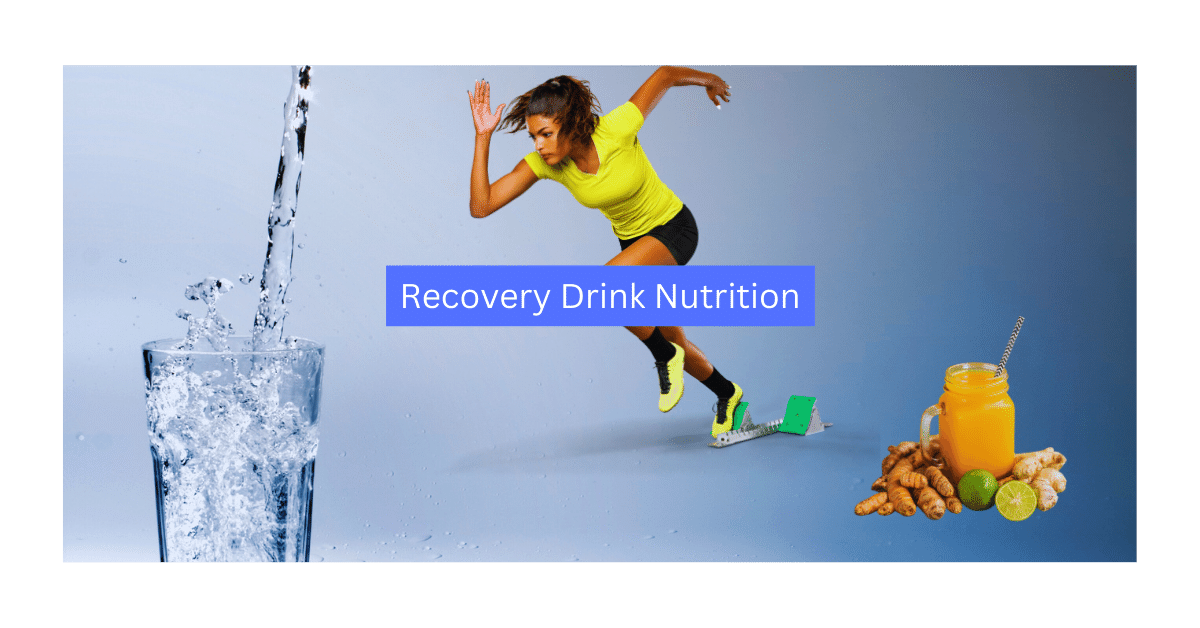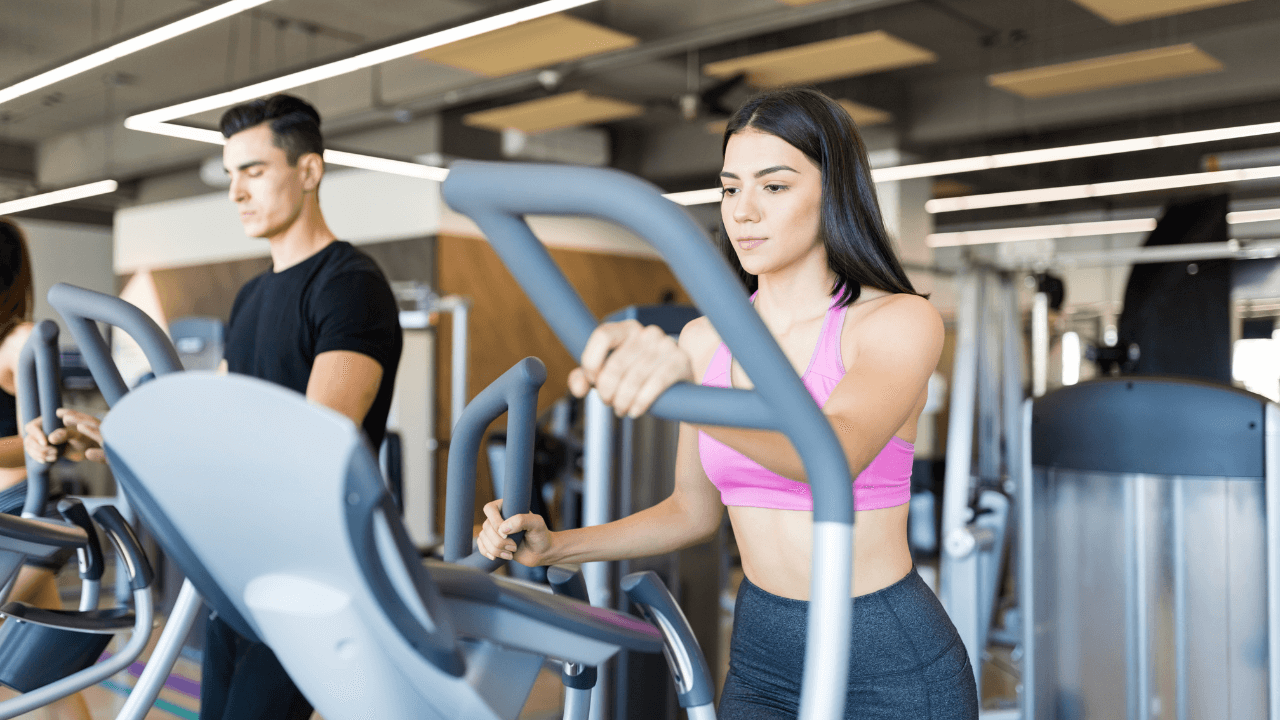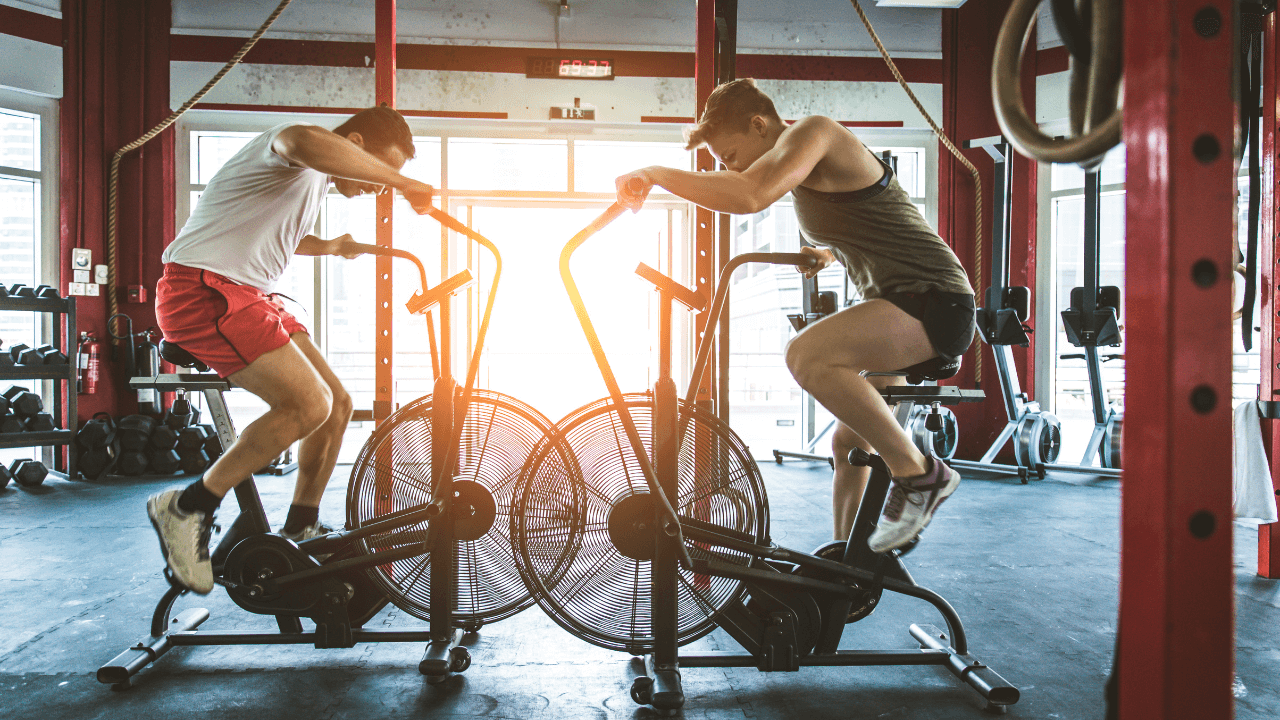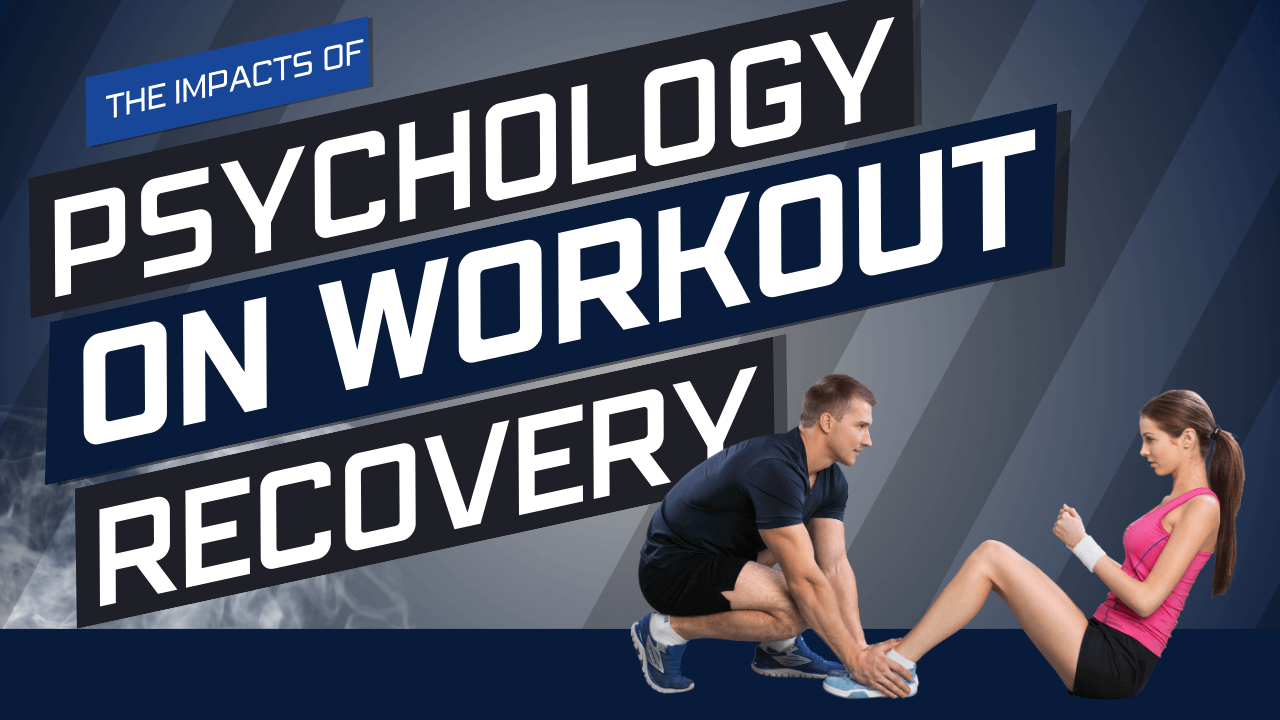Many sportspeople and fitness enthusiasts look for ways to replenish their bodies after rigorous training. These recovery drinks can help athletes replenish lost nutrients, reduce soreness, prevent injuries, and improve their overall performance. They are essential to any fitness regimen, providing the body with the necessary components to recover from strenuous workouts and enabling athletes to return to training and perform at their best.
This article aims to provide readers with a complete guide on the dos and don’ts. This article aims to give readers a detailed understanding of the essential components, including carbohydrates, protein, electrolytes, and other beneficial components. Let’s also explore the harmful elements that should be avoided and incomplete nutrition.
What to Look For in Recovery Drinks?
When selecting a recovery drink, it is essential to understand the critical components that should be present in the beverage. These help the body recover after a workout, improve performance, and reduce muscle soreness. The following are the essential components to look for :
Carbohydrates

After exercising, the muscles require carbohydrates to replenish depleted glycogen levels. Glycogen is a form of glucose stored in muscles and the liver, which provides energy during physical activity. Carbohydrates help replenish these energy stores, reducing muscle fatigue and improving athletic performance.
There are two types of carbohydrates in a drink: simple and complex.
- Simple carbohydrates are easily and quickly digested.
- Complex carbohydrates take longer to break down and provide a sustained energy source.
Consuming simple and complex carbohydrates in recuperation drinks is best when replenishing glycogen levels. This approach efficiently restores depleted glycogen stores.
The recommended amount of carbohydrates to consume in a recovery drink varies based on the intensity and duration of the workout. A general rule of thumb is to consume 0.5-0.7 grams of carbs every pound of body weight within 30 minutes of finishing the training.
Studies have shown that consuming carbohydrates in a drink can enhance glycogen synthesis and reduce muscle damage, improving healing time; according to a survey by Ivy et al. (2002), devouring a drink containing carbohydrates and protein after exercise improved endurance capacity and muscle healing compared to a carbohydrate-only drink.
Protein

Protein is another essential ingredient as it aids in repairing and rebuilding muscle tissue damaged during exercise. The body utilizes the amino acids present in it to reconstruct muscle fibres, reducing muscle soreness and promoting muscle growth.
There are various types of protein to look for, including whey, casein, soy, and pea protein. Whey protein has quick absorption and a high concentration of essential branched-chain amino acids (BCAAs) for muscle recovery.
The recommended amount of protein to consume in a drink varies based on the type and intensity of training. Generally, consuming 15-25 grams of protein within 30 minutes of finishing the workout is recommended to aid muscle recovery.
Studies have shown that protein in a drink can aid muscle recovery and growth. A survey by Rankin et al. (2004) found that consuming a protein and carbohydrate drink after exercise increased muscle protein synthesis and decreased muscle damage compared to carbohydrates.
Electrolytes

Minerals that have electric charges are called electrolytes in the human body. Helping regulate fluid balance, muscle contractions, and nerve function. When engaging in physical activity, the body excretes electrolytes via sweat, which can cause dehydration and muscle spasms.
There are various types of electrolytes to look for best recovery drinks, including:
- Sodium
- Potassium
- Magnesium
- Calcium
During exercise, the body loses a critical electrolyte called sodium. It would be best to replenish this electrolyte to maintain fluid balance and prevent muscle cramps. So, make sure to consume foods or drinks rich in sodium.
The recommended amount of electrolytes to consume in a recovery drink varies based on the intensity and duration of the exercise. A general rule of thumb is to consume 500-700 mg of sodium per litre of fluid lost during exercise.
Studies have shown that electrolytes can aid rehydration and prevent muscle cramps. A study by Hoffman et al. (2015) found that consuming a recovery drink containing electrolytes after exercise improved hydration and reduced muscle cramps compared to a carbohydrate-only drink.
Beneficial Components For Best Recovery
Drinks may contain other beneficial nutrients, such as antioxidants, vitamins, and minerals, which can aid in reducing inflammation, promoting immune function, and supporting overall health.
Examples of other beneficial components to look for include:
- Antioxidants: Vit. C, vitamin E, and beta-carotene
- Vitamins: B vitamins and vitamin D
- Minerals: Zinc
Vitamin E is another potent antioxidant that reduces inflammation and protects against exercise-induced oxidative stress. A European Journal of Applied Physiology study suggests combining carbohydrates and vitamin E as supplements can improve healing after a high-intensity workout.

Vitamin A is vital for keeping the immune system healthy, and beta-carotene is a substance that the body can use to make it. Endurance athletes may benefit from taking beta-carotene supplements as they have been found to boost the immune system, according to the Journal of the International Society of Sports Nutrition.

B vitamins, such as B6 and B12, are essential for energy production and metabolism. Incorporating B vitamins into the routine can aid in decreasing inflammation and facilitating healing after working out. Research published in the Journal of the International Society of Sports Nutrition discovered that combining B vitamins led to better recovery and diminished muscle soreness after a high-intensity exercise session.

Maintaining bone health and improving muscle function while reducing inflammation are some benefits of including Vitamin D in the diet. A study published in the International Journal of Sports Nutrition and Exercise Metabolism found that vitamin D supplementation improved healing and reduced inflammation following a high-intensity exercise session.
Zinc is a crucial nutrient in supporting the immune system, facilitating protein production, and accelerating healing of wounds and injuries. It has been shown to improve recovery and reduce muscle damage following exercise. A study published in the American Journal of Clinical Nutrition discovered that zinc supplementation improved healing and decreased muscle damage in athletes.

Recommended Amount of Beneficial Nutrients For Recovery
The recommended amount of other beneficial nutrients in a drink can vary depending on the specific element and the individual’s needs. According to a publication in the Journal of the International Society of Sports Nutrition, athletes can take the daily doses listed below:
- Vitamin C: 500-2000 mg
- Vitamin E: 200-1000 IU
- Beta-carotene: 10-30 mg
- B vitamins: RDA (recommended daily allowance)
- Vitamin D: 1000-5000 IU
- Zinc: 15-30 mg
Incorporating other beneficial components into a drink can have a range of benefits for athletes. These can help reduce inflammation, promote immune function, support overall health, and improve healing following exercise.
Additionally, some studies have shown that consuming a drink with added antioxidants, vitamins, and minerals can reduce muscle soreness and damage and improve performance in subsequent exercise sessions.
What to Avoid in Recovery Drinks
When choosing a recovery drink, it is crucial to be aware of components that may be harmful or provide little benefit. Here are some things to avoid :
Excessive sugar

Excessiveness of this ingredient in a drink can have adverse effects on healing. It is crucial to be cautious of how much we intake as it may cause a rapid increase in blood sugar, followed by a drop that can lead to exhaustion.
Research shows that consuming excessive sugar after exercise can also impair the ability of white blood cells to fight off infection, which can increase the risk of illness and slow recuperation (Parks et al., 2018).
Read the nutrition labels carefully. Avoid drinks with a high of these components, such as those containing added sugars like:
- High fructose corn syrup
- Glucose
- Sucrose
Alternatives to drinks include natural fruit juices or smoothies, which can provide a good source of carbohydrates without the added sugars.
Artificial Components
Artificial ingredients, such as artificial flavours, colours, and sweeteners, are often added to a drink to enhance its taste and appearance. However, they can have adverse effects on recovery.
Studies have indicated that the consumption of synthetic sweeteners has the potential to modify the intestinal microbiota, resulting in unfavourable impacts on overall well-being and the immune system. (Suez et al., 2014).
Read the nutrition list carefully to identify artificial ingredients. Look for drinks that contain artificial sweeteners like aspartame, sucralose, and saccharin, as well as artificial colours and flavours. It is recommended to avoid beverages containing artificial ingredients and instead choose drinks made with natural components and flavours.
Incomplete Nutrition
Drinks that do not contain a balanced mix of nutrients, such as carbohydrates, protein, and electrolytes, can adversely affect healing. Research has shown that consuming a balanced blend of nutrients after exercise can help to promote healing and reduce muscle soreness (Kerksick et al., 2008).
Read the nutrition labels carefully to identify incomplete nutrition. Look for drinks that contain only one or two nutrients, such as protein shakes that contain carbohydrates or electrolytes. Alternatives to drinks with insufficient nutrition include sports drinks with a balanced mix of carbohydrates, protein, electrolytes, or natural drinks made with whole foods.
Conclusion
In summary, After engaging in physical activity, it is essential to replenish and restore muscle energy and function. When choosing recovery drinks, look for carbohydrates, protein, electrolytes, and other beneficial nutrients such as antioxidants, vitamins, and minerals is essential. On the other hand, avoiding drinks high in sugar, artificial components, or having incomplete nutrition is necessary. Selecting the appropriate recovery drink can considerably impact the speed and effectiveness of body recovery post-exercise. Based on the research discussed, a recommended recovery drink is chocolate milk. Chocolate milk contains the ideal combination of carbohydrates, protein, and electrolytes, making it an effective and convenient recuperation drink option.






